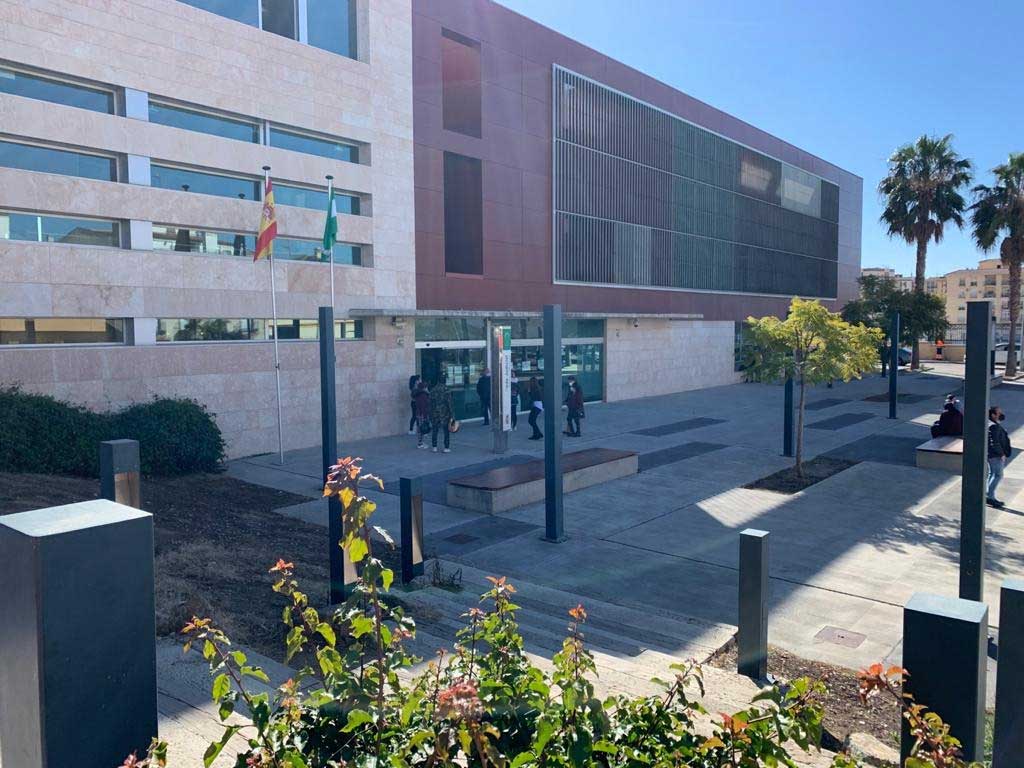Divorce In Spain
Divorce in Spain has only been legal since 1981, but the fact that divorces can be “no-fault” make it both a simpler and potentially less acrimonious process than in other countries.

Grounds for divorce
In Spain there is no need to cite specific grounds for divorce; with nobody required to make or defend themselves against accusations, the whole process can be completed more speedily and with bad feeling hopefully kept to a minimum. In addition, costs tend to be lower, particularly if both parties can come to an agreement on the division of assets, maintenance and childcare.
Even if you got married in another country, a divorce can be obtained in Spain as long as at least one spouse is a resident or a Spanish national. You must have been married for at least 3 months to petition for divorce in Spain whether the divorce is by mutual consent or not, unless there is a real danger to one party from the other in which case proceedings may be initiated before the 3 months have passed.

Where to divorce
Non-Spanish nationals, especially if it is the case that one partner intends to return to the UK, may consider the relative advantages and disadvantages of choosing whether to divorce in Spain or in their country of origin. The most sensible option will be to divorce in the country in which a court order may need to be enforced. In other words, if there are children involved, the court will order or ratify custody and maintenance arrangements; if at some point court involvement is needed to enforce these arrangements it makes sense for the court to be in the same jurisdiction as the children.
The petition should be presented in the relevant Court closest to the family home.
If you choose to divorce outside of Spain, you will need to register the foreign divorce at the Civil Registry.
 Magistrates Court in Velez Malaga
Magistrates Court in Velez Malaga
Children
As in many other countries, the most important people in the eyes of the Court are any children whose lives will surely be affected by their parents’ divorce. The interests if the children will be considered above all else.
While in the majority of cases the mother is awarded custody of the children, shared custody is increasingly common, and whatever the custody arrangements both parents retain parental responsibility and right to participate in all of their children’s big life decisions such as their education, health and where they live.
The parent who does not live with the children will most likely be ordered to pay maintenance, which is known as a "pension alimenticia" to the custodial parent, for the care and expenses of the children.
In Spain, parents have a duty to care for their children until they are financially independent and therefore their financial responsibilities to their children are unlikely to end when they turn 18. You should ask your lawyer to explain the ramifications of this clearly to you. It is important to stress that a Spanish lawyer will see this responsibility, known as “obligation alimentaria” as completely normal, whereas a UK national may be surprised by it.

Division of assets
There is a misconception that if one partner was “at fault” this will affect the financial settlement. In actual fact, the Court will not be interested in the events leading up to the divorce; the Court’s responsibility is to ascertain what the assets of both parties are and to divide the assets fairly while looking after the interests of any children.
Judges do not start to consider the division of assets as 50:50 in Spain as in the UK. Assets owned by the parties before the marriage are considered to be their own, as are money and property inherited either before or during the marriage.
To avoid the need to have to ask a Judge to rule on the division of assets, the most sensible option for both parties is to consult a lawyer who will explain how a Judge is likely to decide, and to negotiate between the parties to come to an agreement between themselves.
If one party will be severely financially disadvantaged by the outcome of the divorce, the financially stronger party may be ordered to pay a regular maintenance payment known as a “pensión compensatoria” to the weaker. If either party’s circumstances later change, they should try to agree on a new arrangement which takes the altered circumstances into account or they may have to return to Court to ask the Judge to make a new order.
The process
There are two types of divorce:
Uncontested divorce:
An application for divorce by mutual consent may be made before the Court. If there are no children, it can be made before a Notary Public.
As part of the application the parties must present a contractual agreement which covers the following points:
- Custody arrangements for any children, including visitation rights of the non-custodial parent.
- Any payments to be made from one spouse to the other; that is, if any property or money is being handed over from one spouse to the other, and the maintenance payments and child support that have been agreed between the parties.
- The use of the family home; who is going to live in it and to whom it belongs.
- The manner, if any, in which both parties are going to continue to contribute to family expenses.
Contested divorce:
Sometimes one party wishes to divorce but the other does not. Unlike in the UK, this does not mean that a long separation must be proven before petitioning for divorce. However, it will slow the process down because the issue will have to be heard in Court.
Equally if both parties are willing to divorce but cannot agree on the division of assets or the childcare arrangements, this too will have to be decided by a Judge in Court. Both parties must be assisted by a lawyer.
The Court proceedings
The Judge will want to see evidence of what you are arguing in terms of documentation about your assets and expenses and even third party evidence to help him or her come to a decision about how assets should be divided. With regard to disputes over childcare arrangements the Judge will want to consult all parties before making a decision and may call for third party evidence to be presented.

What is a procurador?
Even in the much simpler scenario of the uncontested divorce, a procurador or will have to be instructed to represent the parties to initiate the proceedings. So their fee will have to be added on to what the lawyer charges.
A procurador has a law degree but does not practice law in the same way as a lawyer as procuradores do not give advice or defend clients in Court. Their role is to represent the client in Court in the sense of getting together all the documents necessary and submitting them to the Court as well as receiving notifications from the Court to communicate back to the client, normally through the lawyer.
Although we may tend to think that this figure adds yet another unnecessary layer to a legal process, it is an integral part of the system, and in fact hiring a procurador saves the client money because if his or her lawyer were to carry out the same tasks (scheduling, filing, stamping, collecting and delivering documents), they would inevitably have to charge more than the procurador who is doing these things all day long. In addition, the client him or herself would have to attend Court several times simply for administrative reasons.
Legal separation
In Spain you may also apply for a legal separation, the result of which being that the marriage is not definitively dissolved. The parties can reunite in the future if they wish. Again, an agreement will have to be reached with regard to the family home, assets, childcare and any maintenance schedule and if the parties cannot agree, the matter will have to go before a Judge to decide.

The final decree
The Court will present divorcing couples with a a copy of the “sentencia” (judgment) which may be presented as evidence of the divorce to any administrative body who needs to see it.


 Danish
Danish Dutch
Dutch French
French German
German Spanish
Spanish


